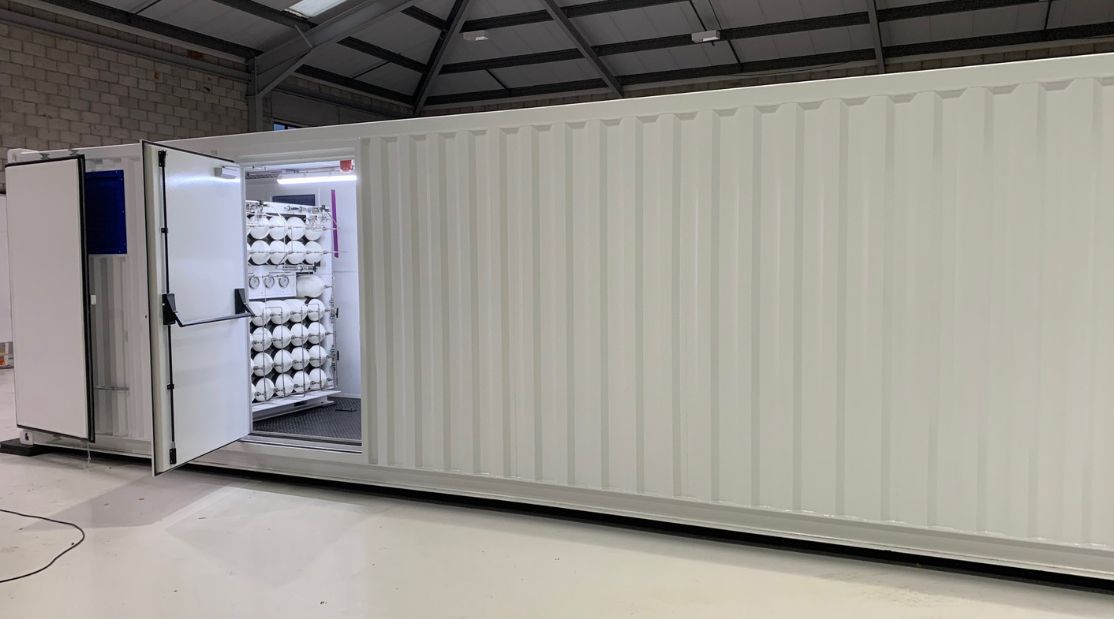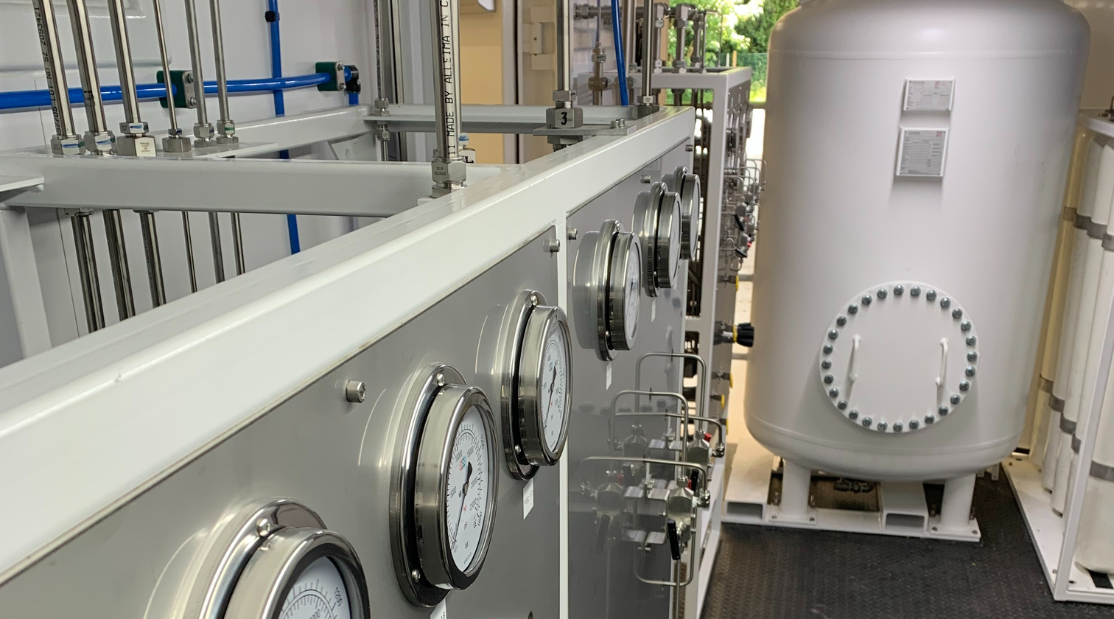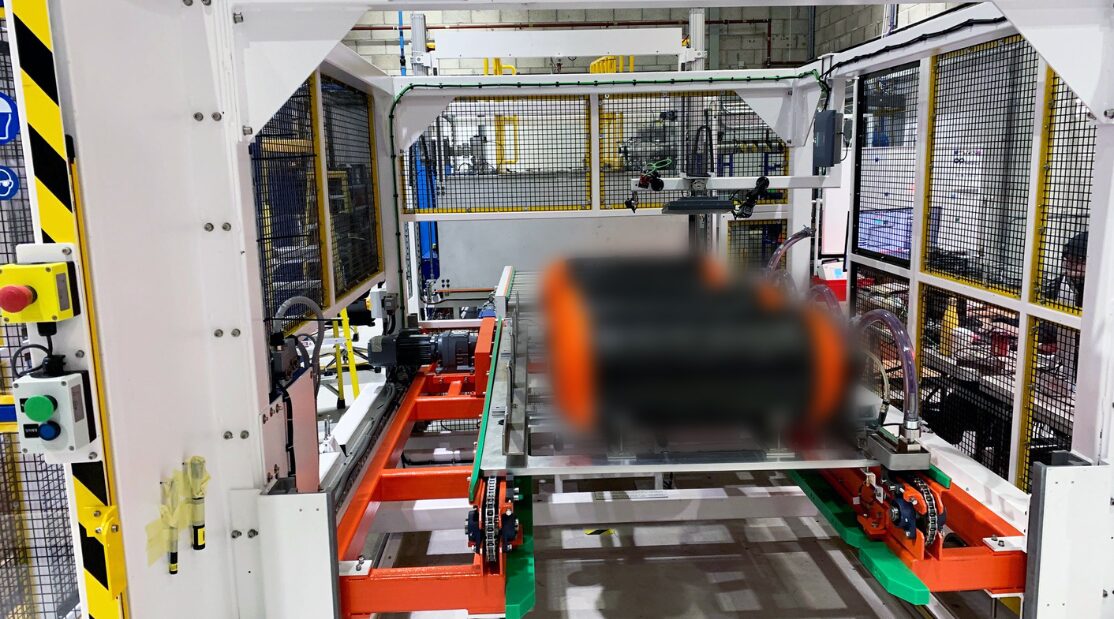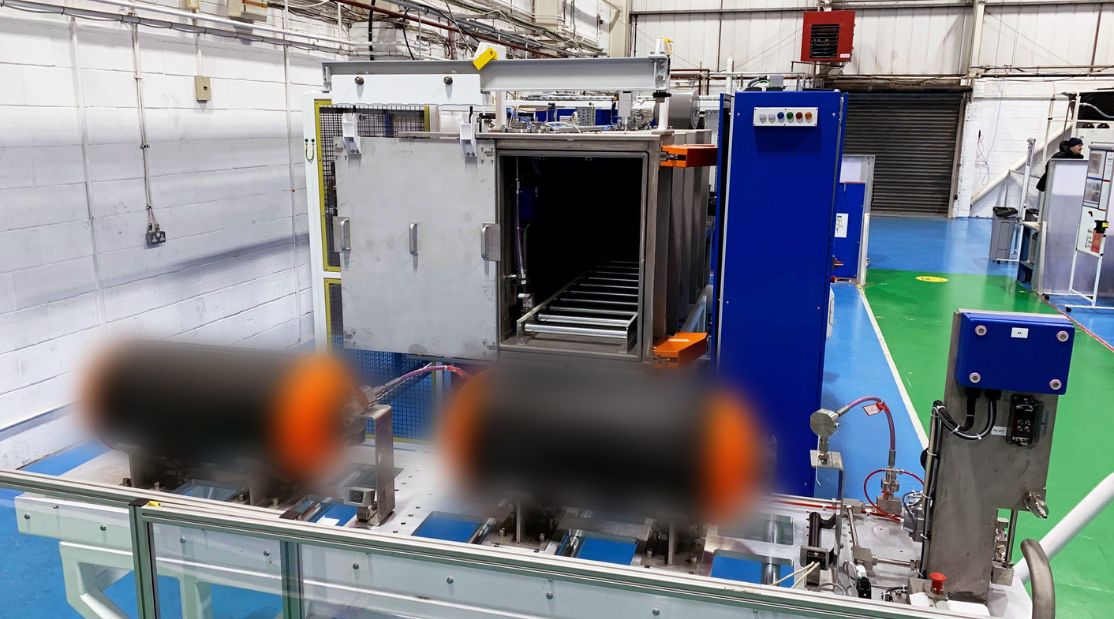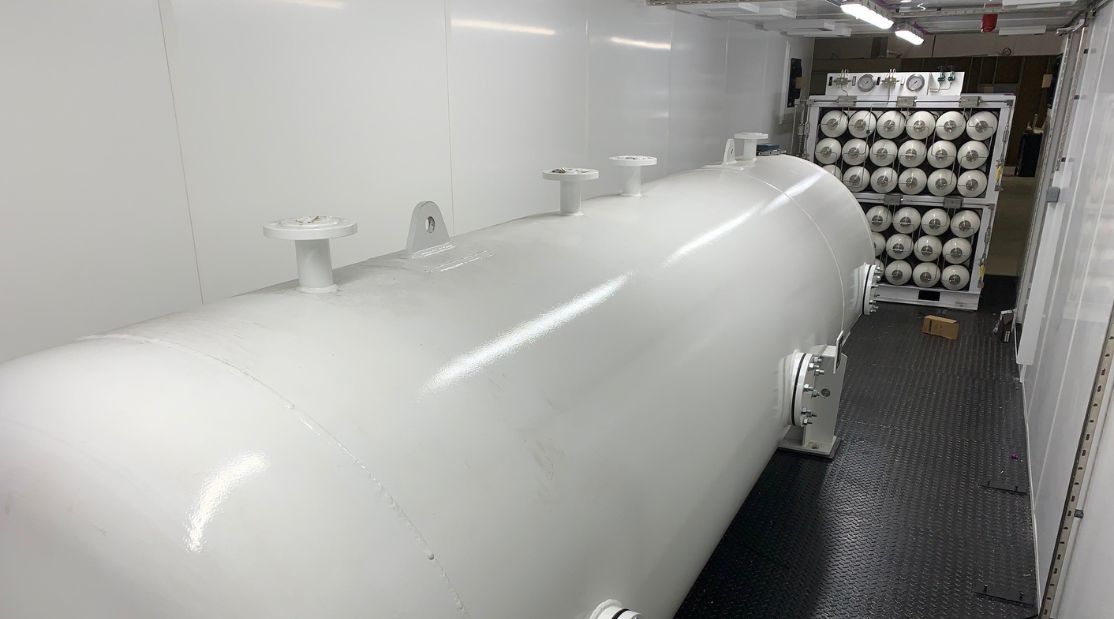In the field of hydrogen-fueled vehicles (HFCVs), ensuring the safety and reliability of hydrogen storage systems is essential. Adhering to stringent standards such as TCATSI 02 007-2020 and Regulation No. 134 (R134) is required to ensure these systems perform reliably under extreme conditions, preventing catastrophic failures and supporting the global shift towards sustainable energy. At VES New Energies, we specialise in providing leak testing solutions that adhere to these rigorous standards, ensuring the highest levels of safety and compliance.
How can we ensure the utmost safety and reliability in hydrogen-fuelled vehicles (HFCVs)? The answer lies in rigorous testing of hydrogen storage systems. Adherence to stringent standards such as TCATSI 02 007-2020 and Regulation No. 134 (R134) is essential to guarantee these systems perform dependably under extreme conditions, preventing catastrophic failures and supporting the global shift towards sustainable energy. At VES New Energies, we specialise in providing leak testing solutions that conform to these exacting standards, ensuring the highest levels of safety and compliance in the field of HFCVs.
Understanding the TCATSI 02 007-2020 Standard
TCATSI 02 007-2020 specifies requirements for the fully-wrapped carbon fibre reinforced cylinder with a plastic liner used for on-board storage of compressed hydrogen in land vehicles. This standard encompasses various aspects, including design, manufacturing, testing, and inspection. Key highlights include:
- Design and Manufacturing: Cylinders must withstand nominal working pressures of 70MPa, with a capacity of 450L, and operational temperatures ranging from -40°C to 85°C.
- Testing Methods: The standard outlines detailed testing protocols, such as ultrasonic thickness measurements, tensile testing of materials, and impact testing. These tests ensure that cylinders can endure mechanical stresses and environmental conditions without failure.
- Safety Devices: Cylinders must be equipped with temperature-driven safety relief devices (TPRDs) and stop valves, designed to activate at specified temperatures to safely release hydrogen and prevent explosions.
The Scope of Regulation No. 134 (R134)
Regulation No. 134 of the Economic Commission for Europe focuses on the safety-related performance of hydrogen-fuelled vehicles. It sets forth provisions for the approval of motor vehicles and their components, particularly concerning the safety of compressed hydrogen storage systems (CHSS). Major components covered include:
- Compressed Hydrogen Storage Systems (CHSS): This includes pressurised containers, PRDs, and shut-off devices designed to store hydrogen fuel safely.
- Specific Components: Components such as TPRDs, check valves, and automatic shut-off valves are individually tested to ensure they function correctly under all conditions.
- Vehicle Fuel Systems: The integration of CHSS within the vehicle’s overall fuel system, including all piping and joints in contact with hydrogen, is rigorously tested to prevent leaks and ensure system integrity.
How VES New Energies Adheres to These Standards
- Advanced Leak Detection Technologies
At VES New Energies, our leak testing solutions incorporate the latest technologies to meet and exceed the requirements set forth by TCATSI 02 007-2020 and R134. Our systems utilise advanced tracer gases such as helium and forming gas to detect even the smallest leaks with high precision. This ensures that every component, from storage containers to valves, adheres to the stringent leak tightness criteria specified by these standards.
- High Precision: Using helium and forming gas, our leak detection systems can identify minute leaks that might otherwise go unnoticed, ensuring the highest levels of safety and compliance.
- Comprehensive Testing: Our systems are designed to perform a wide range of tests, including pressure cycling, burst tests, and fire performance tests, to verify the durability and safety of hydrogen storage systems under various conditions.
- Modular and Scalable Solutions
Our testing solutions are not only advanced but also modular and scalable. This allows manufacturers to adapt our systems to their specific needs and scale up as production demands grow, all while maintaining compliance with TCATSI 02 007-2020 and R134 standards.
- Adaptability: Our modular systems can be customised to fit different production requirements, ensuring that manufacturers only pay for what they need.
- Scalability: As production volumes increase, our scalable solutions ensure that manufacturers can easily expand their testing capabilities without significant reconfiguration.
- End-to-End Support
We provide comprehensive support to ensure that our customers can meet regulatory requirements and maintain high operational efficiency. From initial setup to ongoing maintenance, our team is dedicated to helping manufacturers achieve and maintain compliance with TCATSI 02 007-2020 and R134.
- Expert Guidance: We offer expert guidance on international pressure regulations and methodology, helping clients navigate the complexities of compliance.
- Maintenance and Upgrades: Our service includes regular maintenance and system upgrades to ensure that leak testing equipment remains state-of-the-art and fully compliant with evolving standards.
- Commitment to Safety and Quality
Safety and quality are at the core of everything we do at VES. Our leak testing systems are designed to ensure the highest levels of safety, preventing leaks that could lead to catastrophic failures. By adhering to TCATSI 02 007-2020 and R134, we help manufacturers produce hydrogen storage systems that are not only safe but also reliable and durable.
- Robust Performance: Our systems are tested and validated to ensure they can withstand the demands of real-world conditions, providing robust performance and reliability.
- Regulatory Compliance: We ensure that all our systems and solutions comply with the stringent requirements of TCATSI 02 007-2020 and R134, facilitating smooth market entry and acceptance across different regions.
Wrapping up
Adhering to stringent standards like TCATSI 02 007-2020 and R134 is essential for ensuring the safety and reliability of hydrogen storage systems. We are dedicated to providing innovative and reliable leak testing solutions that meet these rigorous standards. By focusing on advanced leak detection technologies, modular and scalable solutions, comprehensive support, and a commitment to safety and quality, we ensure that hydrogen storage systems perform reliably under extreme conditions.
Contact us today to learn how our expertise can help achieve the highest levels of safety and compliance in hydrogen-fuelled vehicles.
